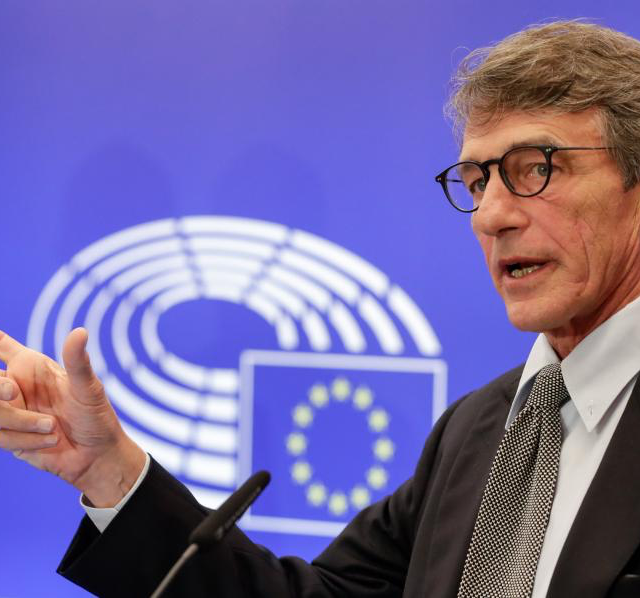The EPP Group in the European parliament has called for an ambitious overhaul of European rules for digital services to make Europe a digital global leader.
The Digital Services Act (DSA), which the European Commission will propose later this year, should help consumers and businesses opt for digital solutions.
Ahead of today’s parliamentary debate, Members of the EPP Group have outlined that the new rules for online businesses and social media must increase transparency and product safety for consumers as well as legal certainty for businesses.
“The DSA is our opportunity to not only shape the digital economy in Europe, but to be a standard-setter for fair competition for the rest of the world”, said Andreas Schwab MEP, EPP Group Internal Market and Consumer Protection Spokesman.

“Getting rid of borders within the European digital market will create new digital services and jobs, like in the Artificial Intelligence sector or when it comes to cross-border trading via platforms. This is especially important for our European digital SMEs. For that, we need to overhaul our 20 year-old e-commerce and digital services rules and do it in our own way, this means, while respecting what we are: Europeans”, said Pablo Arias MEP, who led the negotiations on the single market aspects of the Digital Services Act.
József Szájer MEP, who was the EPP Group negotiator for the commercial and civil law rules for online operators, added: “The vast majority of online platforms impose certain self-established rules on users of their services. We need to work on a legal framework building on the responsibility of platforms that is effective against illegal content but does not interfere with freedom of expression.”
Kris Peeters MEP, who is the Rapporteur for fundamental rights questions linked to digital services, said that the new EU-wide clear standards should set how social media platforms like Facebook or YouTube treat illegal content and harmful news on their platforms. “The new rules should provide legal clarity for the platforms and guarantee the fundamental rights of users.”
“Online platforms are now an integral and influential part of our daily lives, yet illegal content and activities are still not followed up with the same rigour as illegal activities offline. To make our digital ecosystem fair, we should change this approach. What is illegal offline should be illegal online”, concluded Peeters.




